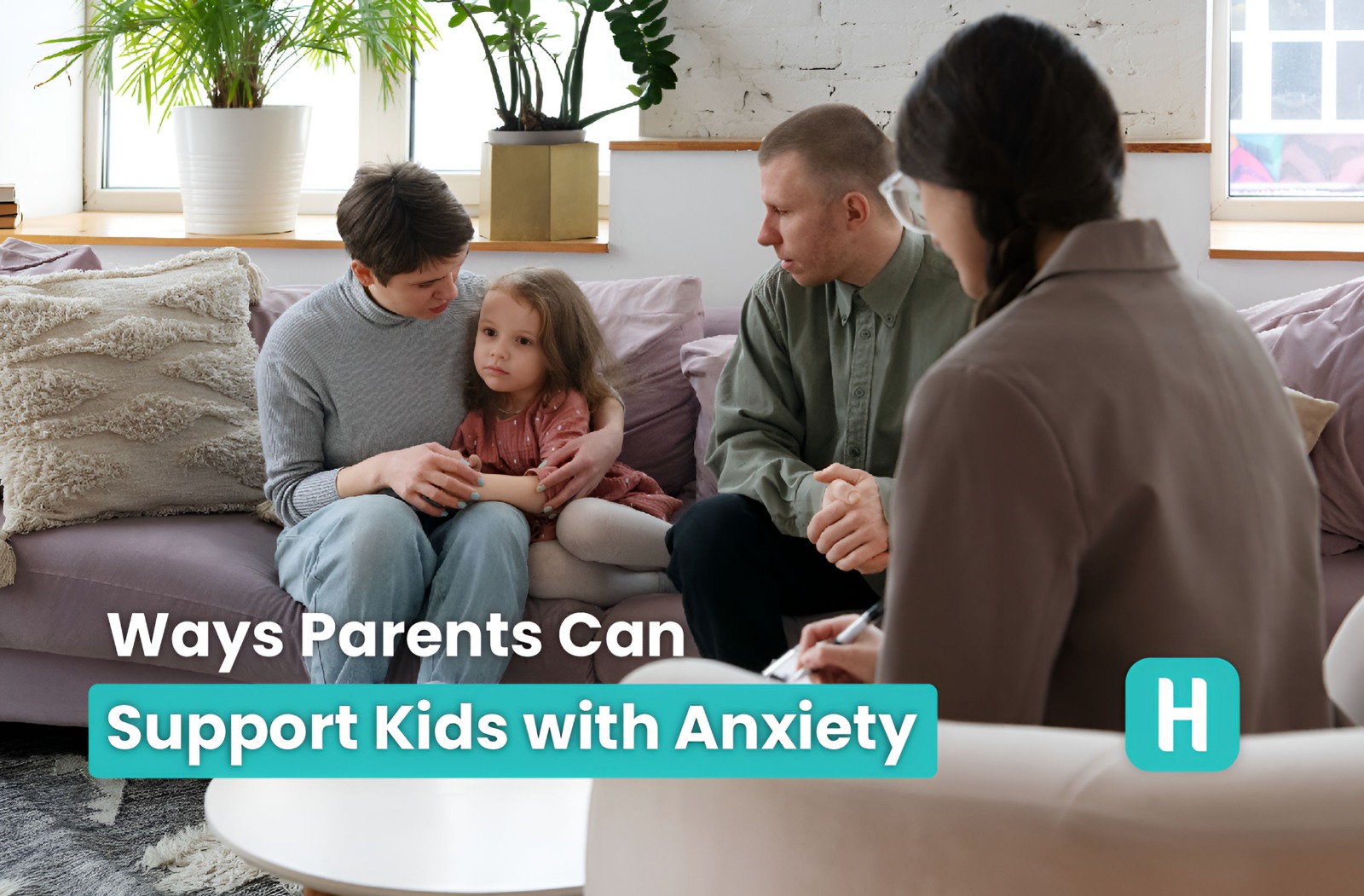Children’s anxiety has in fact become a more generalized problem than many people realize. Anxiety can look like any other fear or worry and nervousness, usually rendering helpless parents who view their children going through their day and night. Anxiety disorder in children can affect their daily routines. Being a parent is an important role because, sometimes, all your child needs for anxiety management is for someone to be compassionate with him, encourage, and even guide him out of those fears. Here we will discuss the different ways parents can help their child manage with anxiety.
Listen And Validate Their Feelings
Probably one of the most important things to do for a child who is suffering from anxiety is to listen. Allow your child to express his fears without fearing judgment or being ignored. Answer your child in a polite way and it is best you say I understand your feelings and will check why this happens. When someone’s feelings are validated, they get the message that what they are experiencing is valid. The individual feels acknowledged and supported.

Encourage Open Communication
Building trust and talking openly is important for helping your child overcome anxiety disorder. Behave like this they can share their feelings easily with you. Ask them what has been on their mind often or “Is there something that is troubling you? If you communicate with them easily they can easily share their problems; even it shows that they easily get advice from you when they feel stressed.Sometimes when your child is crying you can take time to notice that he or she is down and say, “what happened with you today.
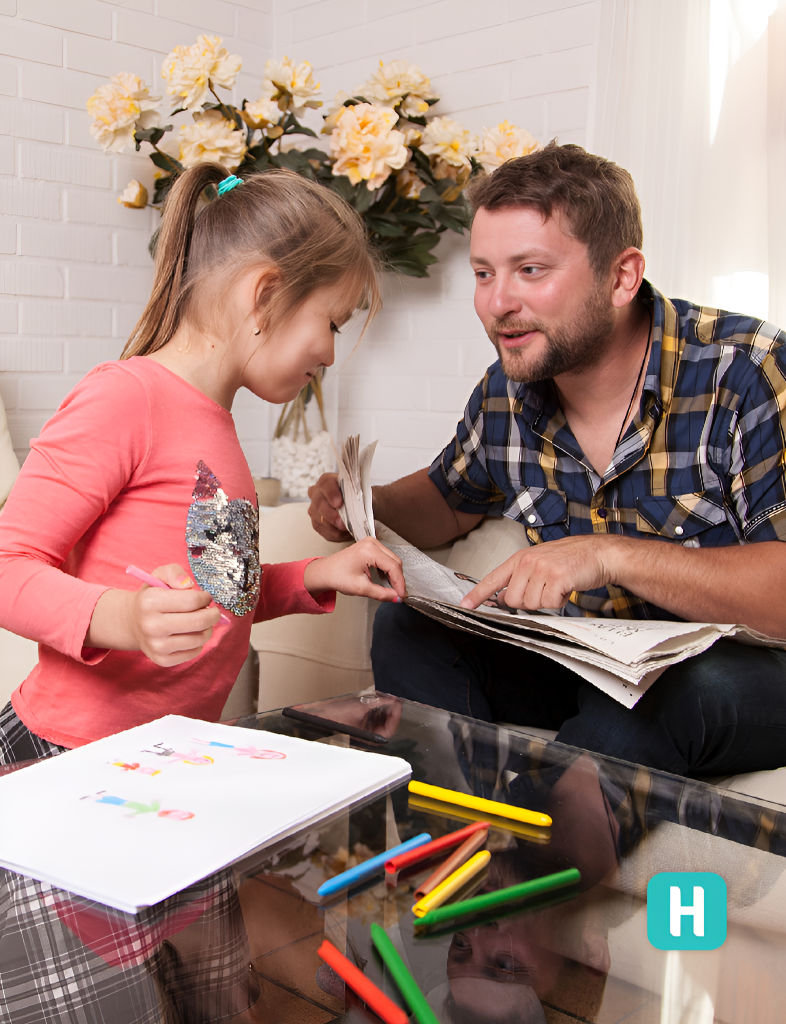
Do you want to talk about what happened? This can open the lines of communication where he can discuss difficulties, such as being upset over a test or problems with friends. If you listen to their problems patiently they feel relaxed. You also take time to give a solution to this problem, you tell them their feelings are normal and that you are there to help them. Over time, this open line of communication strengthens your bond and builds their confidence in handling difficult situations.
Teach Relaxation Techniques
These techniques can prove the best strategies for handling fear at the time of getting panic-stricken even for kids. If you feel your child is in stress try to teach them some techniques to feel relaxed like breath control, mindfulness skills, or progressive muscle help them to reduce stress. Belly breathing is the best way to reduce stress giving the impression of taking deep breaths while focusing on how the stomach rises and falls. This exercise help to reduce stress play a vital role in piece of mind.
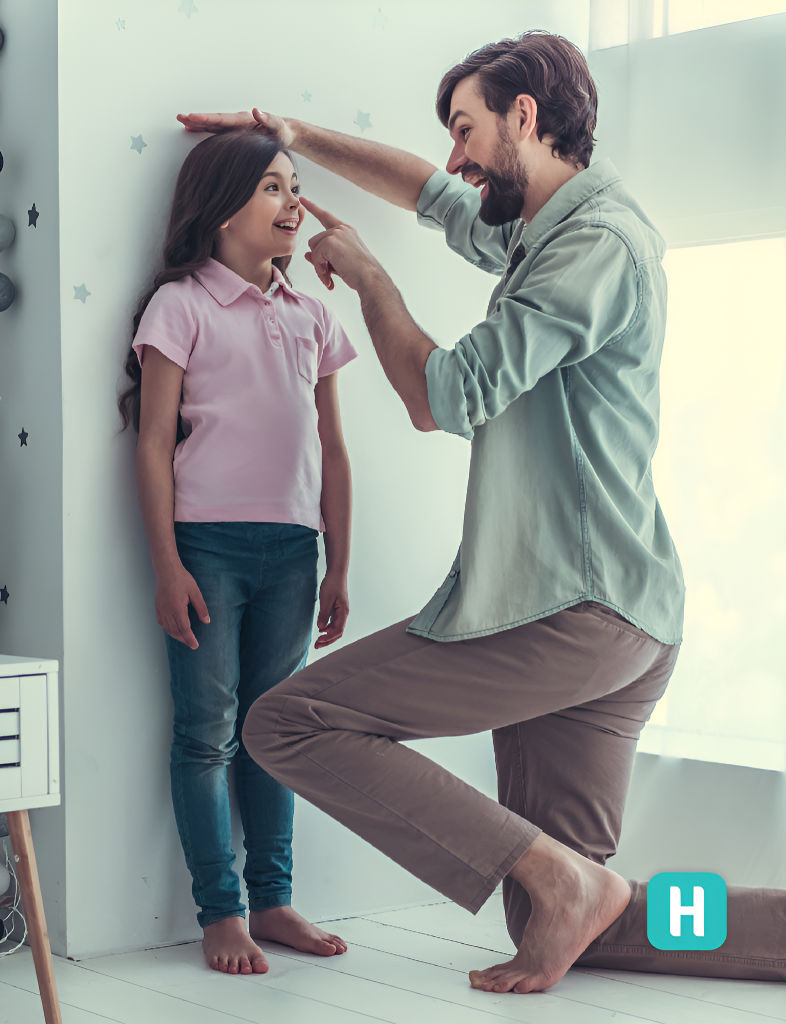
Help Them Face Their Fears Gradually
Helping childrens to compete with their fears is the best way to reduce stress , but often the fear grows stronger. Rather, help your child to challenge their fears with the passage of time. For example If you feel your children do not speak publicly try to speak before family close friend and siblings. Slowly increase your audience to close friends and then on to larger groups.
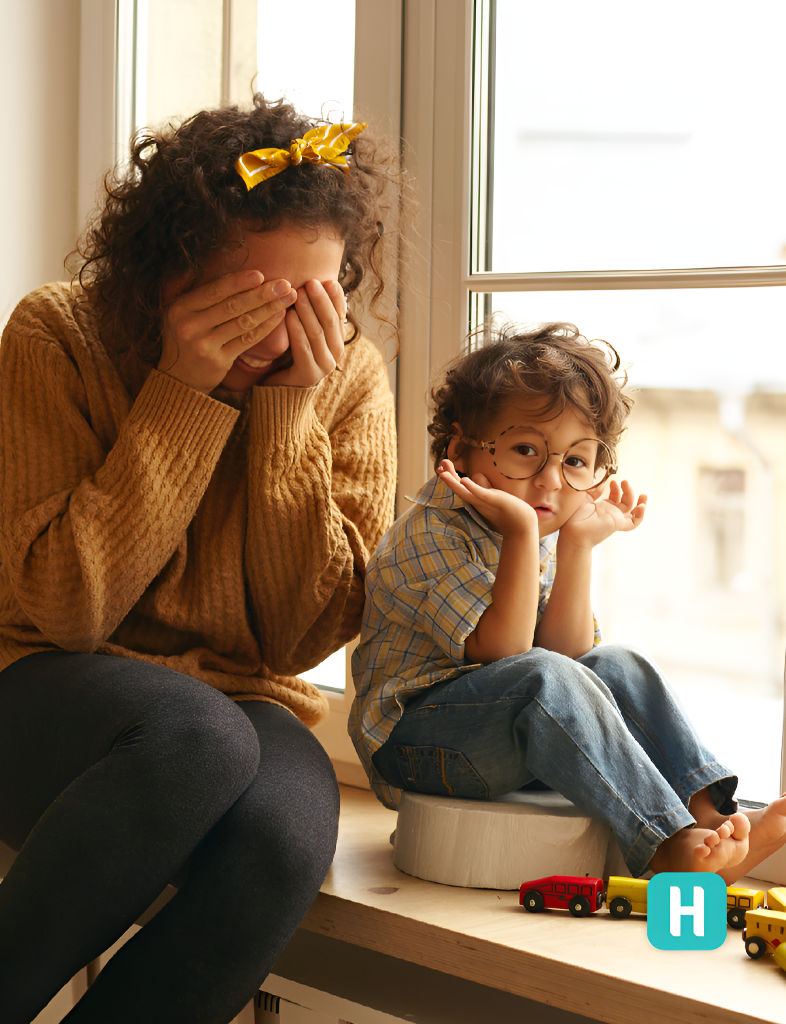
Gradually facing challenges can build confidence and strength over time. For example, if your child is scared of public speaking, create a safe and supportive space for them to practice.From a startup with short stories or ideas that he could share ideas with their friends. Once he becomes comfortable with the situation, you may present more challenging situations like speaking in front of relatives and then gradually proceed to speaking before the public or even before a larger group.
Breaking down the fear into manageable stages allows them not only to overcome the immediate challenge but also to develop lasting self-assurance and the ability to cope with similar situations in the future. During this process your patience, encouragement, and praise feel supported and help to reduce stress.
Maintain a Routine
Children like consistency, especially those who are anxious. A consistent schedule for mealtimes, homework, and sleep can provide a child with a sense of safety and an understanding of what is expected of him. It automatically can reduce the sense of anxiety disorder and worry that can feed. A regular routine offers children a steady environment where they can thrive.For families who are concerned about their child’s anxiety, seeking support from a psychiatric hospital near me can provide additional resources and guidance.

Be a Role Model
Children tend to mimic their parents’ behaviors, so the way you handle stress will really impact them. Basically your children learn from you as the role model for your child, teaching your child how to deal with anxiety by showing healthy ways of coping—staying calm, using kind words to yourself, and taking care of your mental health is mandatory. When they see you dealing with challenges in a good way, they learn that they can face anxiety and get past it.

Limit Stressful Triggers
Finding and reducing of stress from your children life can help to reduce anxiety. Common stressors might be a busy schedule, upsetting media, or too much schoolwork. Work with your child to identify what causes their stress and find ways to create balance. A peaceful and relaxed environment can help them feel safer and less stressed.
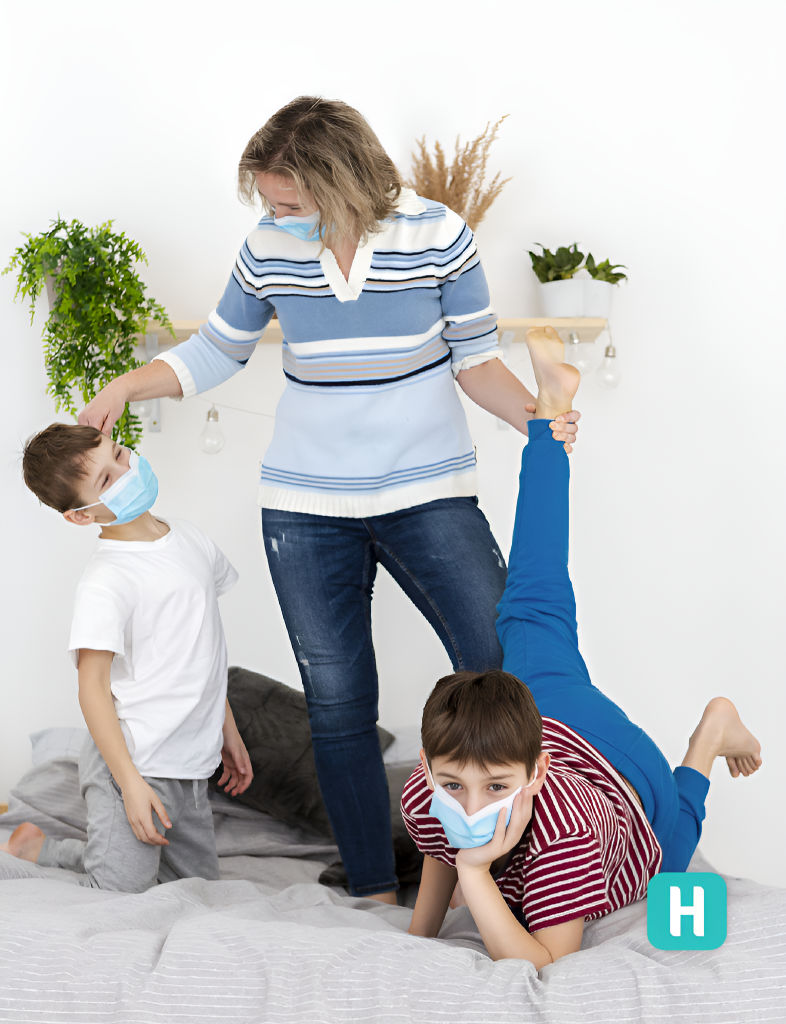
Seek Professional Help When Needed
Although parents are a key part of support, specialist intervention may sometimes prove necessary; should your child’s anxiety manifest itself into hurdles like sleeping problems or avoidance of friends or has made school focus hard to achieve, it is time to seek the advice of a counselor or therapist. Experts might offer unique techniques that could help your child cope and build his or her ordeal better.

Praise Their Efforts
Motivating children is a way to encourage them, especially if they feel anxious. Celebrate small wins like trying something new, speaking in class, or facing a fear. Recognizing their efforts, even if progress is slow, helps build their confidence. This support can inspire them to keep facing their fears and grow stronger.
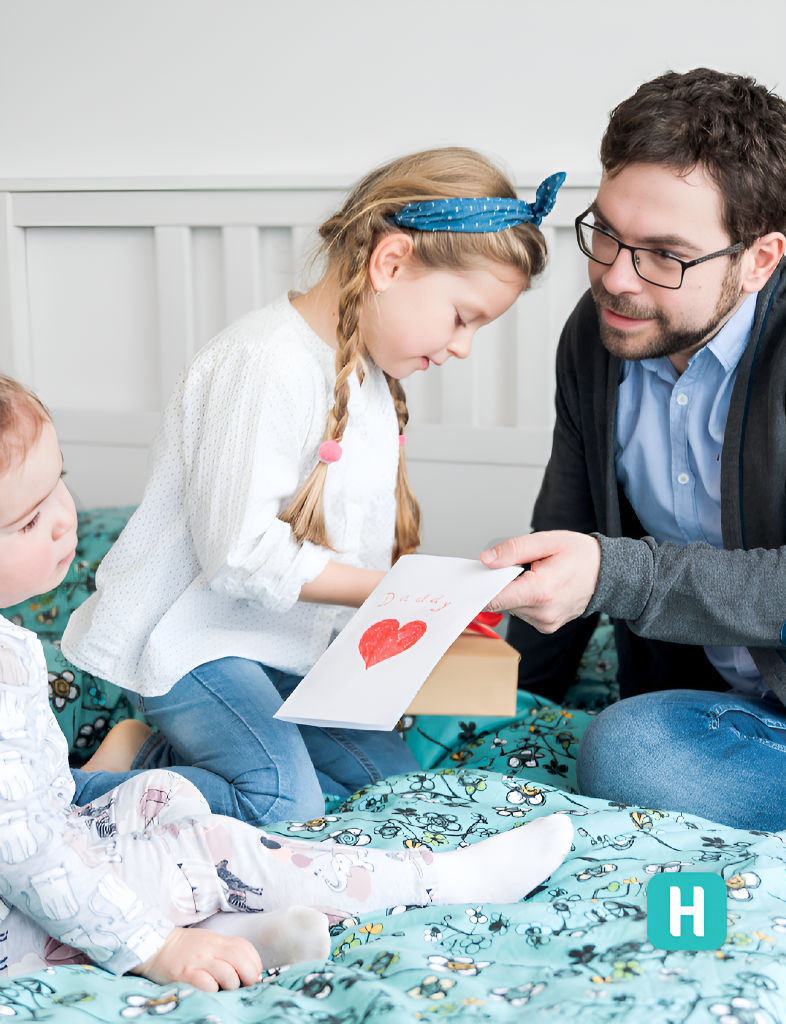
Focus on Strengths and Interests
Engaging in activities that they enjoy boosts children’s confidence and fosters healthy emotional expression. Therefore, getting children to engage in activities they love or have talents in, such as drawing, playing sports, or reading, is difficult. This allows them to take pride in what they do, divert attention from their worries, and generally enjoy life more. These steps, however small, will enable parents to help children manage anxiety and develop the necessary competencies for success. Each positive action strengthens them, making them more emotionally healthy and better able to deal with life’s challenges.
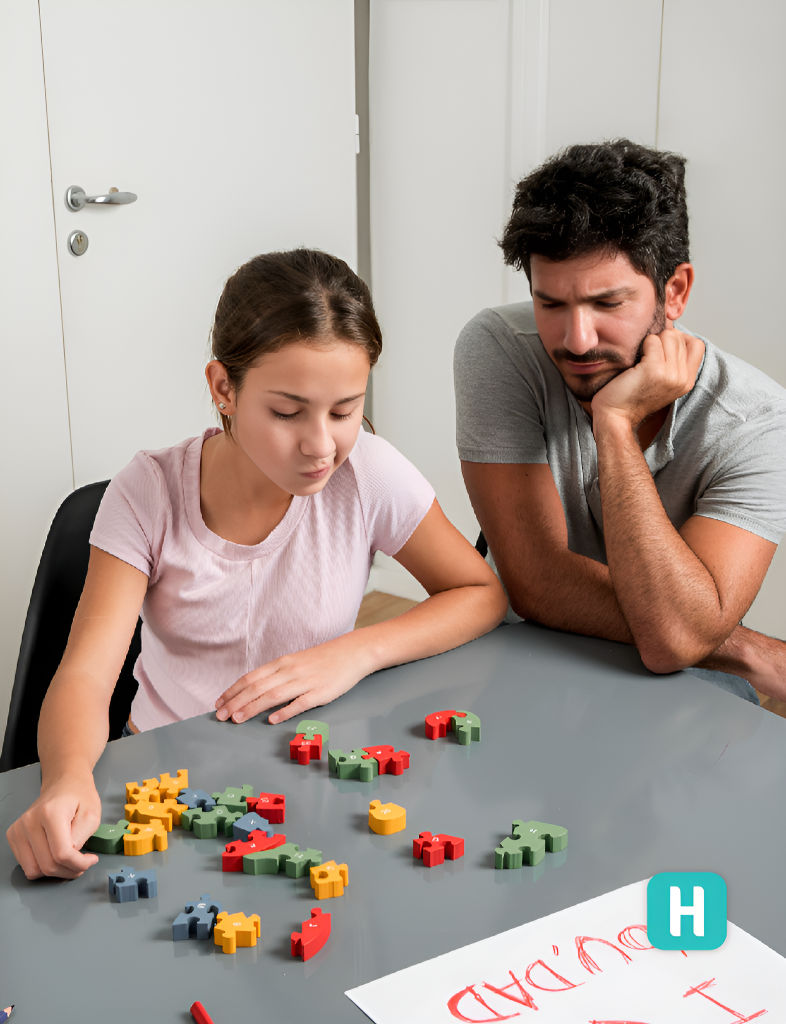
How Helply Can Be Your Guide?
It is a very overwhelming task to manage mental health, but with Helply, you do not have to face it alone. Helply connect you with compassionate mental health consultants who understand your struggles and provide tailored support. Whether you’re navigating anxiety, stress, or other challenges, Helply offers personalized strategies to help you find a psychiatric hospital, regain control and find balance. With their expert advice and commitment to your well-being, Helply becomes more than just a service—it’s a partner in your journey to a healthier, happier you.
Reach out today and take the first step toward mental wellness.
